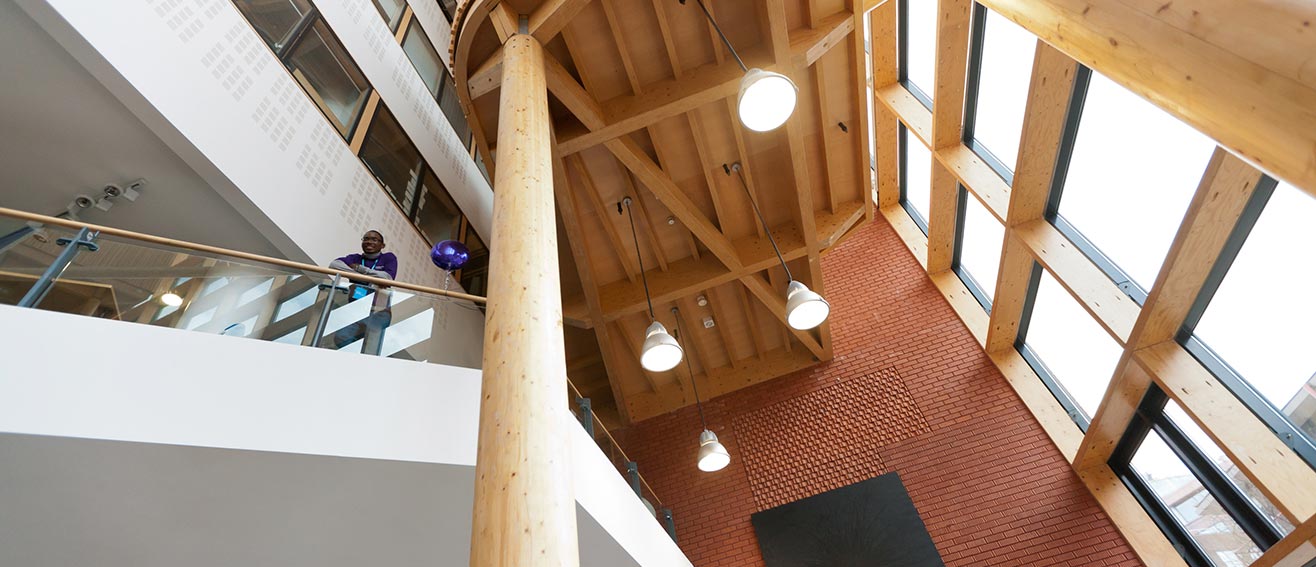In a Group with an academic programme of technical and professional education, many of the courses are accredited by professional institutions and/or registered by statutory agencies. These organisations increasingly include sustainability in the prescription of subjects which the courses should map against. Thus, covering sustainability is not an issue the organisation can ignore. The LSBU Business School submits a report for the PRME (Principles for Responsible Management Education) providing an update on progress or summary of activities which the school and the wider university community, has taken, or completed, relating to the SDGs over the past two years.
The list of criteria the Engineering Council expects accredited courses to satisfy is in AHEP4. AHEP4 is a new requirement and its expectations of learning achievements emphasise sustainability; about one quarter of the standard is on Sustainability. The extensive standard also covers Equality, Diversity and Inclusion (EDI), and “The Engineer and Society”. All courses in the School of Engineering are to be mapped against particular sections of AHEP4, citing the codes in the document.
A final example is the built environment. It is well acknowledged that buildings and infrastructure contribute to negative impacts on the environment. In the materials extracted, processed, transported and used; and in the use of energy to enable the buildings to operate. The portfolio and syllabus of the LSBU's courses on the built environment respond to the need to address this concern, with the provisions of the accrediting institutions providing a useful framework. The university educates 60 percent of Building Services Engineers in the UK. Most of the presidents of the institution have also been graduates of LSBU.
